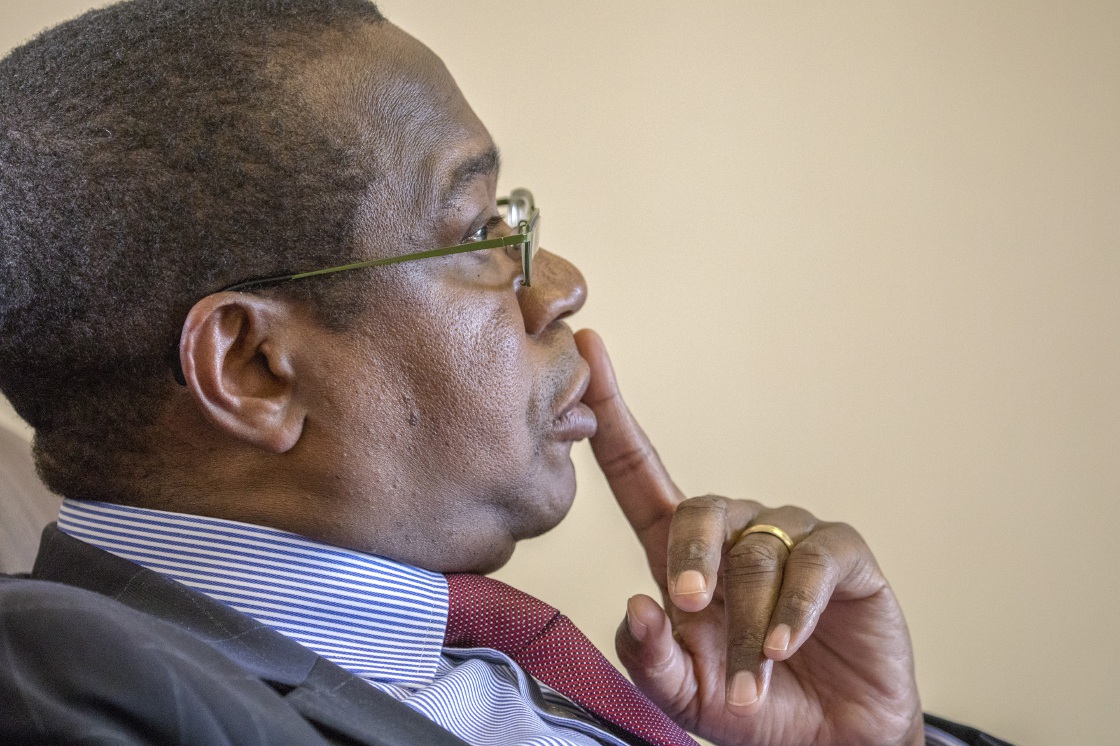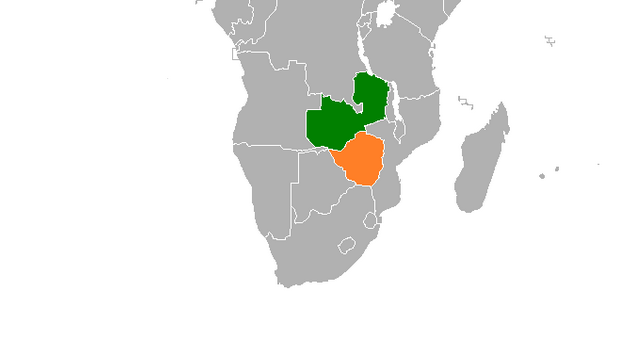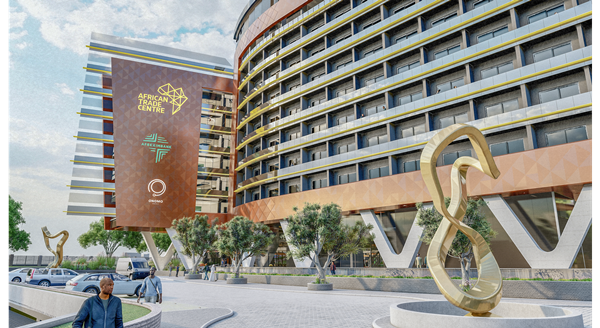Stakeholders have raised alarm over Zimbabwe's worsening mental health crisis, warning that suicide, drug abuse and depression are taking a devastating toll on communities, particularly among young people and men.
The concerns came to the fore yesterday during the launch of the Women's University in Africa (WUA) suicide prevention campaign, "Light in the Darkness," held in Harare.
WUA communications and marketing manager, Mrs Gertrude Makurashe, said the campaign was aimed at restoring hope in communities grappling with despair.
"We have discovered that suicide is an ongoing concern in the communities surrounding us," she said.
"This initiative comes at the right time, as we engage with communities and offer help in their time of need. We hope more people will catch on and spread hope to those they are living with."
Makurashe noted that young people were increasingly vulnerable, with students and youths now "trending in suicides." She added that the campaign would soon extend to schools, beginning next week at Mabvuku High School, where peer educators will engage learners alongside guidance and counselling teachers.
Ms Gamuchirai Tonga, chairperson of the Zimbabwe National Association for Mental Health (ZIMNAMH), welcomed the initiative, saying it was a crucial step in tackling stigma and raising awareness.
"As an association, we recognise and promote the rights of people with mental disabilities, and we see suicide prevention as part of that mission," she said.
"This event has been very momentous for us because it is a day where we recognise that we have mental health challenges that are rampant. We are here to help the community identify warning signs, reduce stigma and understand that recovery is possible."
Mr Walter Chikanya, director of the Zimbabwe Community Health Intervention Research (ZICHIRE), painted a grim picture, revealing that suicides now account for 1.8 percent of total deaths nationally — nearly 17 deaths per 100 000 people.
"Worldwide, men are four times more likely to commit suicide than women. Sadly, here in Zimbabwe we also see the elderly being at risk," he said.
To help stem the crisis, ZICHIRE is establishing a drop-in centre in Mabvuku to provide counselling, psychosocial support, rehabilitation and recreational activities. The centre will link to the organisation's Brother to Brother programme, targeting young men aged 10 to 24.
"We want to provide a safe space where young people can talk about their challenges, get counselling, play games like chess and volleyball, and also acquire life skills such as carpentry and wood machining," Chikanya explained.
"We believe young people need something productive to do, otherwise idleness pushes them to drugs and other destructive behaviours."
Stakeholders urged communities to unite in breaking the silence around mental health, stressing that early intervention, open dialogue and support structures are key to preventing further loss of life.
- The Herald
 Zimbabwe announces sweeping reforms
Zimbabwe announces sweeping reforms  ZEP holders face renewed uncertainty
ZEP holders face renewed uncertainty  Elon Musk toppled as world's richest man
Elon Musk toppled as world's richest man  ZSE and VFEX recover after weak 1st half
ZSE and VFEX recover after weak 1st half  Gold edges up as traders await guidance
Gold edges up as traders await guidance  Spur wants a bigger bite in Zimbabwe
Spur wants a bigger bite in Zimbabwe  Young Investment Professional (YIP) Graduate Programme 2019
Young Investment Professional (YIP) Graduate Programme 2019 










 Young Investment Professional (YIP) Graduate Programme 2019
Young Investment Professional (YIP) Graduate Programme 2019
Editor's Pick